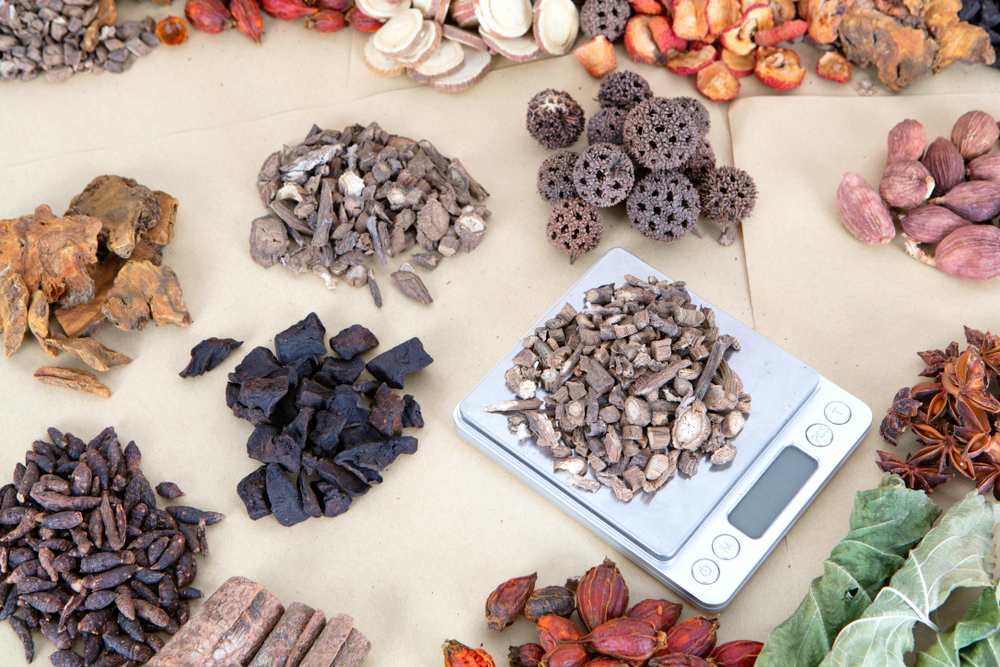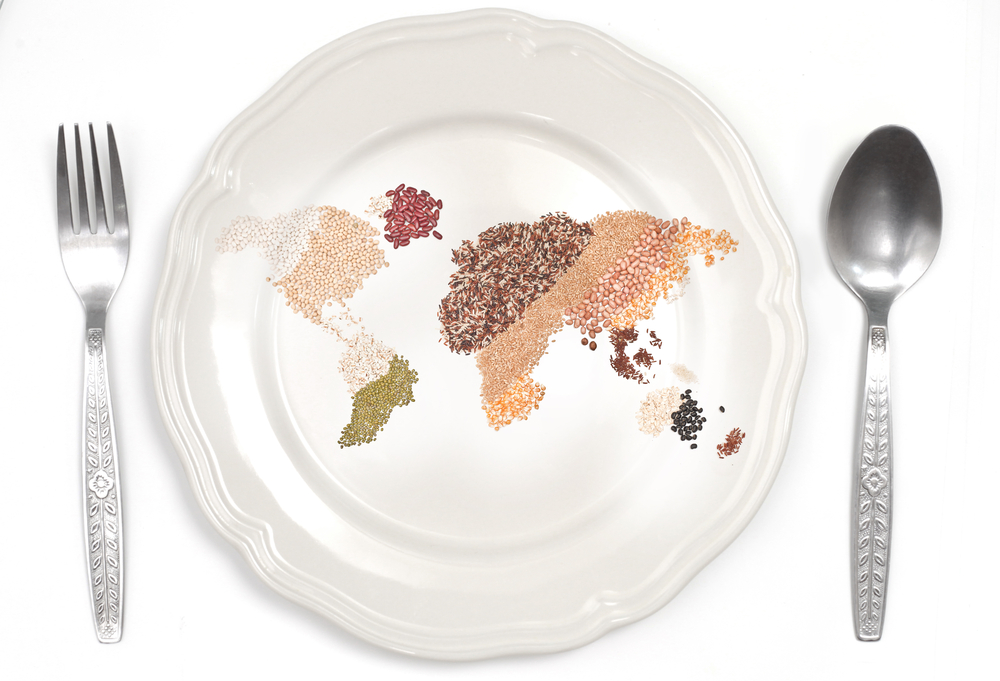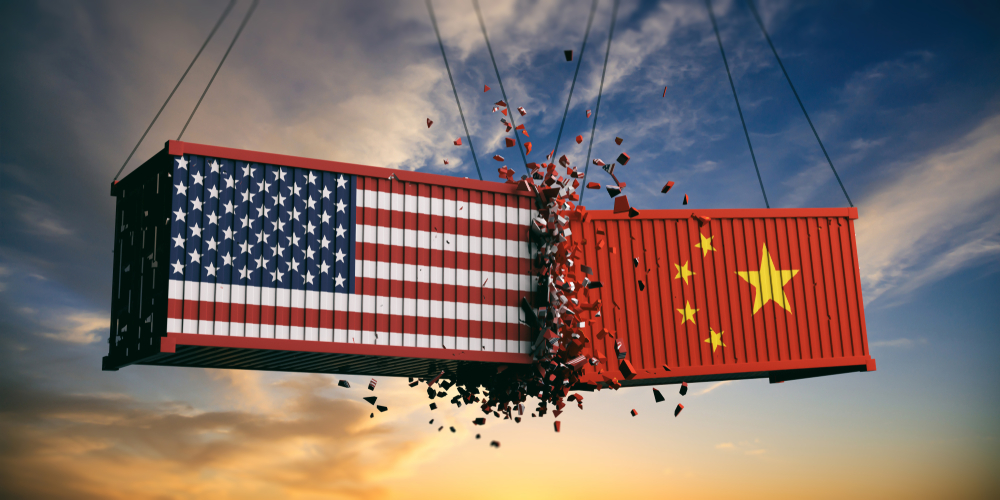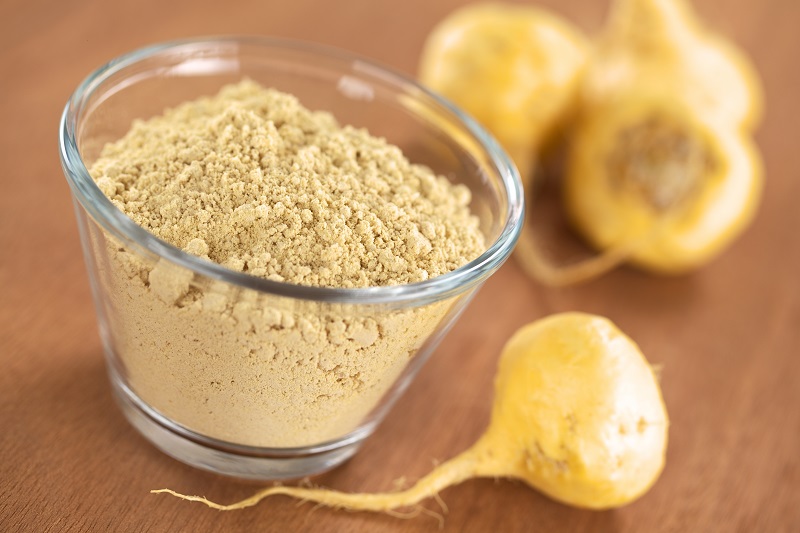The United States of America and China are two of the world’s largest economies and are responsible for a majority of the world’s international trade industry. For many years, the two countries have fought for control of the world economy, and thus have imposed tariffs on each other for imported goods of all kinds. Despite the rivalry between the countries, the US relies heavily on imports from China for the sustainability of the American economy. One sector that is largely affected by US-China trade agreements is the Natural Products Industry because many companies use Chinese herbs to make dietary supplements.
Details of Tariff Increase
In July 2018, the American Herbal Products Association (AHPA) released a warning to dietary supplement manufacturers that the US Trade Representative (USTR) is proposing an increase in tariffs on many imported goods from China from 10%-25% to be put into place on January 1, 2019 totaling $200 billion worth of goods. President Trump proposed this tariff increase because of evidence of China performing unfair trade practices resulting in a trade deficit. The goal of the tariff increase is to reduce the trade deficit and to promote and encourage purchasing more American products. After the G20 summit meeting in Argentina on November 30, 2018, US President Trump and Chinese President Xi came to an agreement that neither country will raise tariffs for 90 days. During this time the two countries will work to reach an agreement; however, if no compromise can be made, the proposed increase in tariffs will be put into place (CNBC 2018).
Effects on Natural Products Industry

The new tariffs will affect a number of botanicals including ginseng root, dried mushrooms, citrus peel, flaxseed, mint leaves, and plants used for perfumes (AHPA 2018). Many of these are herbs and other plants that are imported from China in order to make dietary supplements. Specifically, taxing ginseng root would be very detrimental to the natural products industry because it is difficult to grow and obtain in the US because of its status as an endangered species. A raise in tariffs on imported goods from China would not only negatively affect the companies who make natural products, but would ultimately lead to an increase in the price of these products for the general public, which could be devastating for small businesses. The majority of companies who make herbal supplements are small, and thus any change in price of ingredients would make it difficult to remain profitable without increasing the price to customers (Nutraceuticals World 2018).
Conclusion
Although the majority of natural products companies are small, they create products used by nearly 1/3 of all Americans and they provide hundreds of thousands of jobs, so their continued success is vital to the American economy. AHPA and a number of other organizations have issued statements to the US government outlining the potential negative effects of raising tariffs on Chinese imports. Given the outcome of the G20 summit, and the implementation of new elected officials after the midterm elections, it is difficult to predict what will happen at the end of the 90-day period.

We live in a world economy where the products we use and consume on a daily basis come from different countries, and although it is important to promote the purchase of American goods by American companies, small dietary supplement companies could suffer if the tariffs are implemented. The importation and exportation of goods is essential in today’s economy and it is important to analyze how policy changes can affect the Natural Products Industry.
For more information, here are some interesting news articles:
Dietary Ingredients in U.S.-China Trade War – Natural Products
Section 301 Tariffs – C&M Trade Law
President Trump’s Tariffs Will Hurt America More Than China – Forbes
U.S., China raise tariffs in new round of trade dispute – NBC News
Tariffs Pause in the Trade War Countdown – Marketplace
References
Small Ingredient Businesses, Consumers – Nutraceuticals World
US and China won’t impose additional tariffs after January 1 – CNBC
Industry Responds to USTR Tariffs – American Herbal









